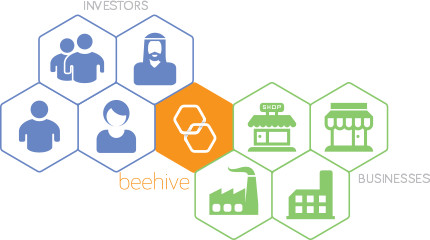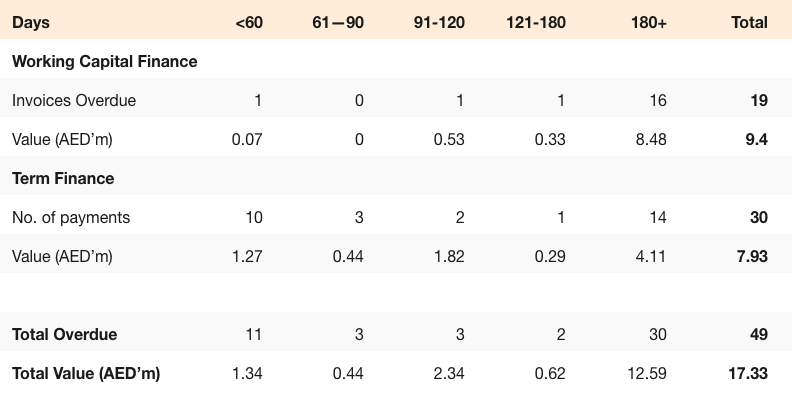Their names roll off our tongues, without even a thought, when we think of innovation. They made an eternal mark on history, revolutionised industries, changed the world, and generally made a positive impact in our lives. They created industries and powered revolutions. They made the seemingly impossible possible and the mundane incredibly exciting. They are the innovators that symbolise the advancement of humankind.
The UAE has long been seen as the centre of innovation in the Middle East and continues to attract talent from all corners of the world eager to launch new ideas and business models. That is thanks, in part, to geography. But government policy plays a crucial role as well. The UAE is decidedly pro-business, supportive of diversification and embracing of technical and technological development. In 2014, SMEs accounted for some 92% of all the businesses in UAE; they contributed around 60% to the UAE’s GDP and provided 86% of all private sector employment, according to the UAE ministry of Finance.
SMEs are the lifeblood of any local economy, and Innovation is the lifeblood of all SMEs. SMEs, by their nature, leverage innovation as a competitive edge to wage the proverbial battle of David versus Goliath. SMEs have to think differently, and they have to implement new ideas quickly in order to survive, especially in a competitive and saturated market like the UAE.
This week is Innovation Week in the UAE, and with that in mind, Beehive, the UAE’s first peer-to-peer (P2P) finance platform, in collaboration with Thomson Reuters, initiated an in-depth study of SME innovation. The study looked into how SMEs in the UAE approach innovation, how they apply it for commercial success and how they can learn from each other’s experiences. Conducted in June 2015, the study is based on a roundtable discussion with some of the most successful SMEs in the country across a range of industries, coupled with an in-depth survey.
One of the key findings of the study was that 45 per cent of the SMEs surveyed believe that the definition of innovation in the UAE is adapting an existing idea to a new market. Whereas entrepreneurs in Silicon Valley are more likely to innovate by bringing new products and services to market, entrepreneurs in Dubai more likely to adapt existing ideas to the region quickly and efficiently. They are often second-movers in the concepts that they apply, but first-movers in the local market.
The biggest driver of innovation in the UAE was defined as the competitive pressure of the market by 33 per cent of respondents, with 26 per cent of respondents describing it as the desire for industry leadership and meeting consumer demand.
When asked about the key factors spurring future innovations, the surveys revealed three important themes: knowledge, community, and transparency.
The study showed that SMEs feel that they have an innovative mind-set and the ability to generate creative ideas. However, many business owners don’t fully understand how to successfully execute an innovation strategy, and leverage them for the long-term benefit of the company. Limited research and development budgets, rapidly changing demographics and a lack of support from partners and clients prevent businesses from allocating time and resources to focus on innovation.
One of the most interesting findings of the study showed that a lack of funding to invest in innovation is a big barrier, with 51 per cent of respondents highlighting finance as a major enabler to innovation.
Despite their significant contribution to the economy, SMEs continue to struggle to secure funds for growth and innovation. The International Finance Corporation (IFC) estimates that the current SME funding gap is approximately USD 260 billion within the MENA region. This lack of accessible finance options is a result of tightened credit checks by banks and reduced liquidity in a fragile market. Not surprisingly, survey respondents highlighted the need for greater financial stability as a central barrier to innovation, particularly in a market where the consequences of a default not only negatively affects ones business, but could lead to penalties such as travel bans or even jail for paying with cheques that bounce.
Alternative finance options are addressing this need for faster access to lower cost financing by alleviating the constraints and high cost of conventional lending. Since Beehive was launched in 2014, the company has channelled almost AED 25 million to around 50 SMEs in the UAE, with no defaults from the businesses they finance.
Throughout the year, we have come to understand what an impact funding is having on innovation for SMEs in the region. By providing SMEs with the finance, infrastructure and government support to focus on innovation, we can help fuel the ambitions of the SME ecosystem, and be needed catalysts for innovation within the SME community.




